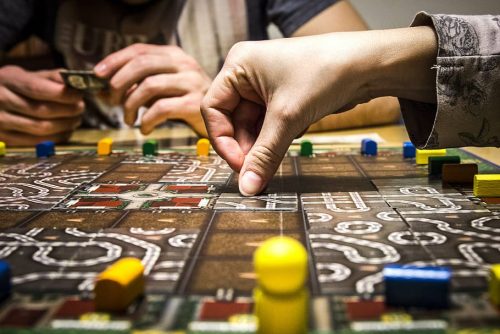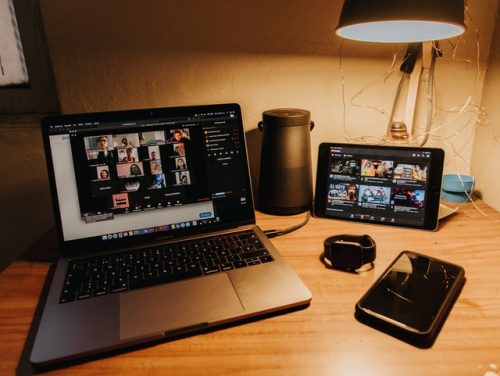
If you ever go to my new house, the first thing you might notice was that I did not have a TV on-site. The closest thing to it was my computer monitor in the office, but that was it. I was not hiding it in my bedroom; it was not in the kitchen, bathroom, or any part of the house.
People would realize that their initial response was, “Oh, that’s very unfortunate. Don’t worry; next time we come here, I will surely bring one as a gift.” Even my parents, who were TV lovers, were baffled by it. If I did not learn about it immediately, they would have ordered a 60-inch flat-screen online when they visited me.
The thing was, I did not get a TV because I did not want one. It was not because I could not afford it, considering my counseling profession was paying me more than enough. It was also not because I forgot to get one as I hurried to fill the new house with the essentials. The sole reason was that I did not care for it.
Airing Out My Issues With TVs
Before anything else, I should say that I did not always have an aversion towards televisions. As I said, my parents loved TV, so my childhood days passed by with me sitting in front of it and watching all kinds of shows with them. While those were fond memories, it also meant the I had is a sedentary lifestyle. I enjoyed the TV shows and eating the snacks that my mother would always bring, so I did not feel the need to go out and play with my friends. As a result, I grew wider than taller, and I had been called fat by other kids.

When I was in college, I almost did not continue studying psychology because all I wanted to do after my boyfriend broke up was binge-watching TV shows. It served as my coping mechanism for weeks, but it was an unhealthy one, given that it made me too lazy to go to my classes. I only realized it once my friends from the same department visited me at my apartment and gave me a little intervention. Hence, I swore off TVs since then.
Then, just a few months ago, my best friend from high school caught up with me on the phone. We were talking about our lives and careers when the topic somehow diverted to COVID-19 vaccination.
My friend said she had been encouraging her parents to get vaccinated and protect themselves from the virus. But, unfortunately, since they heard that some people had an extremely adverse reaction to the drug, they did not want to do it. So instead, they insisted on taking their chance on avoiding people who might view virus carriers instead of getting vaccinated.
The latter was not something I could meddle with, especially if the people involved were not asking for my professional help. Still, it was technically another problem created by media outlets. And if they did not turn on their TVs regularly, my friend’s parents might not think like that.

Because of that, I always encourage people to avoid watching TV as much as possible.
What Happens If You Don’t Watch TV Too Much
Talk To Loved Ones More
I remembered watching TV can make people cross towards others, especially when their favorite show was on. For instance, if my mom or dad watched TV, no one was supposed to talk to them. If you try, they will cut you off with a loud “Shh!”
When they tried not watching TV at my new home, I was pleasantly surprised by how much we got to talk. I pointed it out to them, and they had the same reaction as I did. Although I could not make them throw away their TV, they said they no longer minded not having one at my house.
Hold On To Your Beliefs
Before I got slightly addicted to the TV during my college days, I believed that healing came from being more active and interacting with your loved ones more. As for my friend’s parents, her dad used to be a doctor, so they should have known better. However, since he retired years ago and gained medical information through news reports, it sounded like he did not trust science as much as he used to.
Now, things could have been different if there was no TV in the equation. For example, after my breakup, I would have gone out with my friends and cried it all out in one go instead of bottling up my feelings. And without TV, my friend’s parents would have been vaccinated by now.

Keeps You Realistic
TV programs are notorious for pushing a standard of beauty for both men and women. It may happen a lot less now since they are all supposed to be “inclusive,” but we know that idealism still exists.
By not watching too much TV, you get to be who you are and stay contented with yourself. Then, you won’t always say, “How I wish I have a banging body like the Kardashians or as rich as the Kardashians.”
Final Thoughts
TV can be likened to an easily abused substance. It will pull you in and make you feel high; when you stop watching it, you feel down, so you go back for more.
If you can stop watching TV too much, that’s great. But if you want to do it gradually, go for it.



